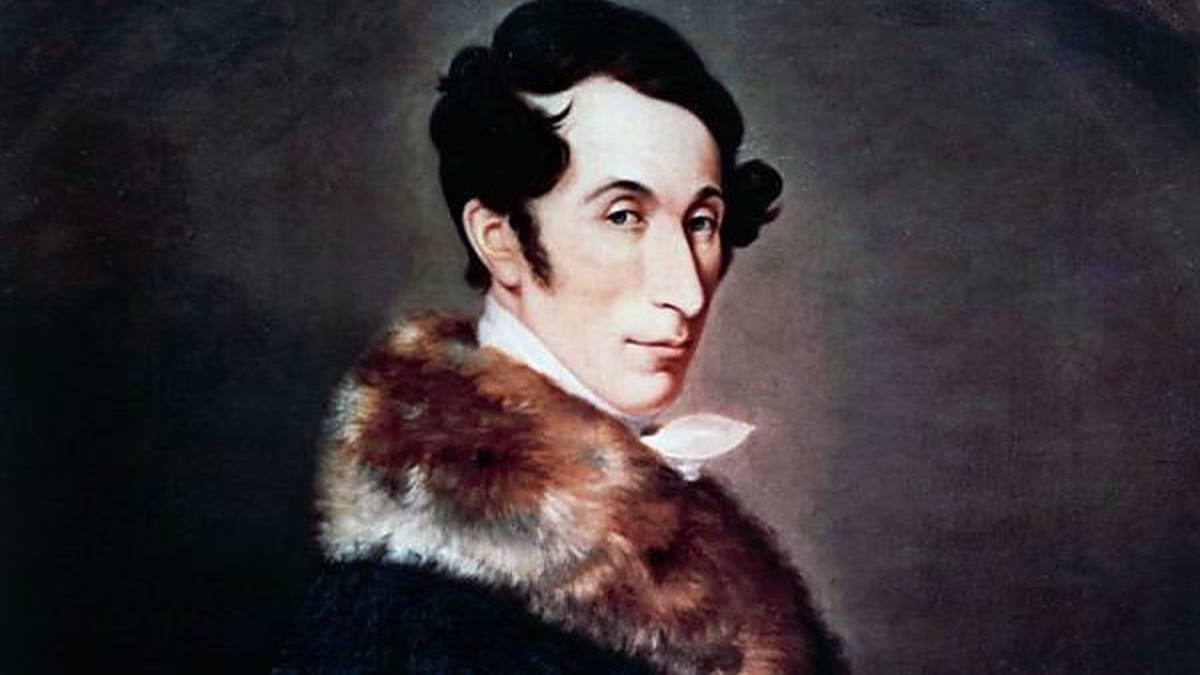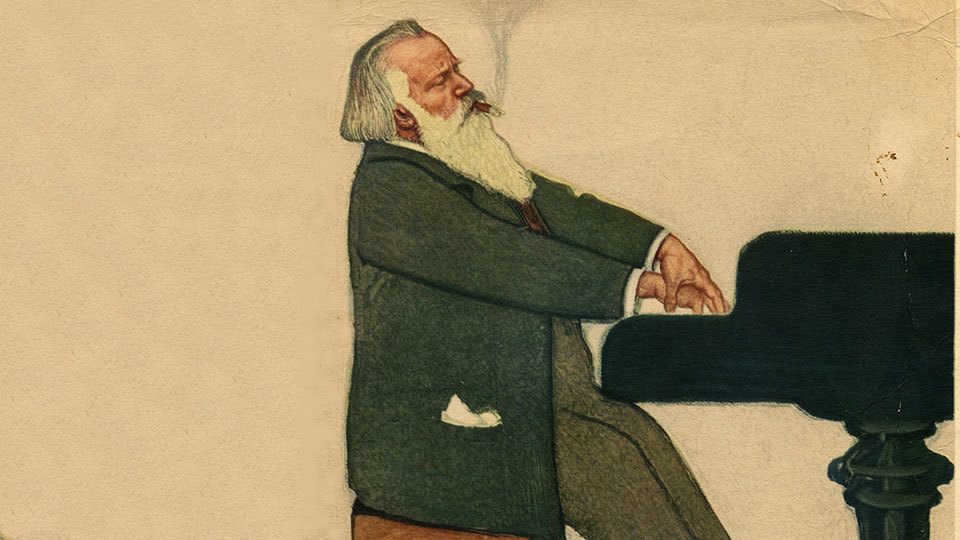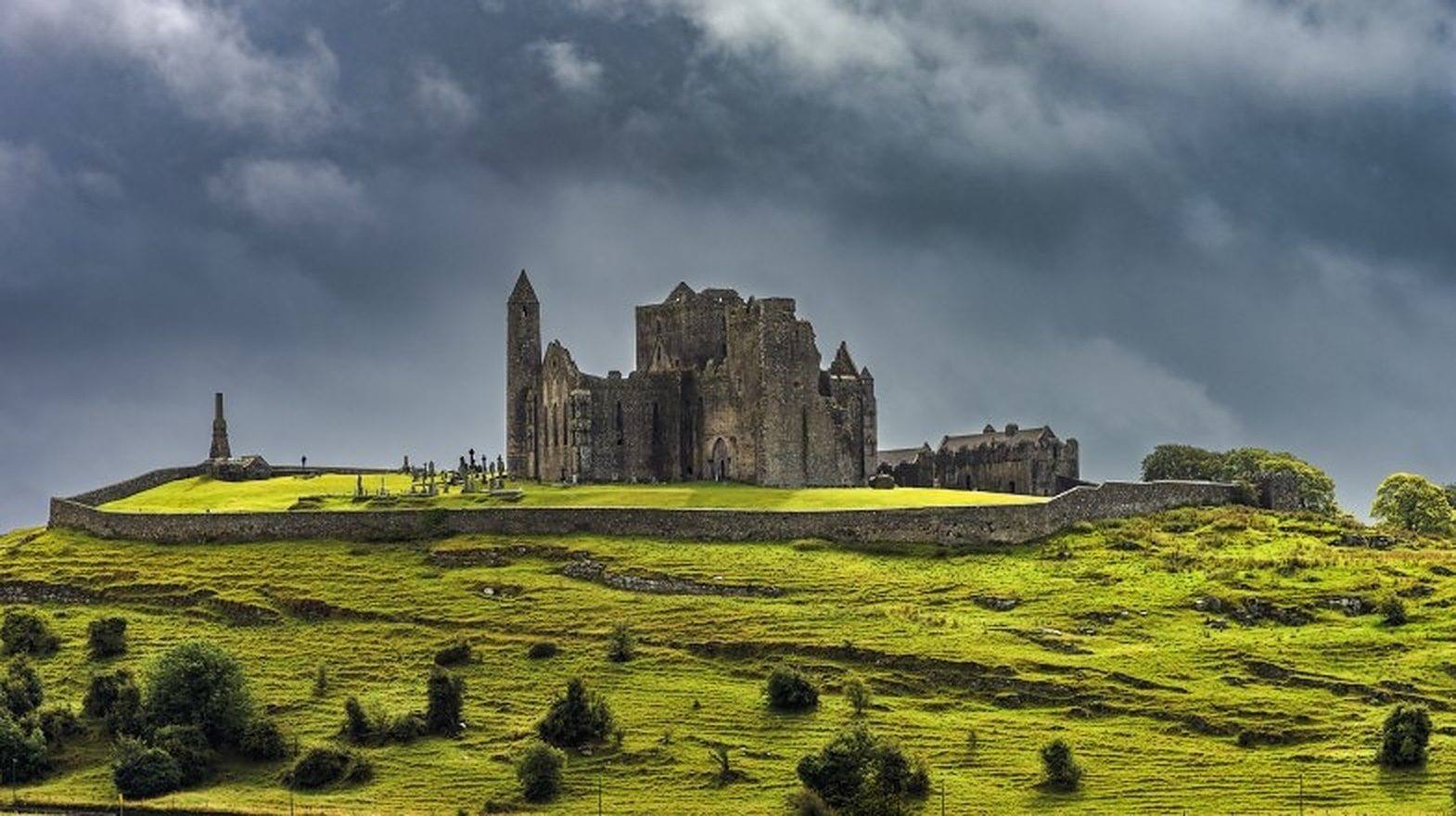Wagner’s “Götterdämmerung”: Siegfried’s Rhine Journey
Completed in 1874, Götterdämmerung (“Twilight of the Gods”) is the fourth and final opera in Richard Wagner’s epic Ring cycle. Wagner composed the Ring cycle, which is based on Norse mythology, over the course of 25 years. Its themes include the conflict between love and the pursuit of power, the violation of nature, self-sacrifice, annihilation, and rebirth. Dramatic orchestral sequences occur throughout Götterdämmerung. In these moments, we move beyond the literal meaning of the …







